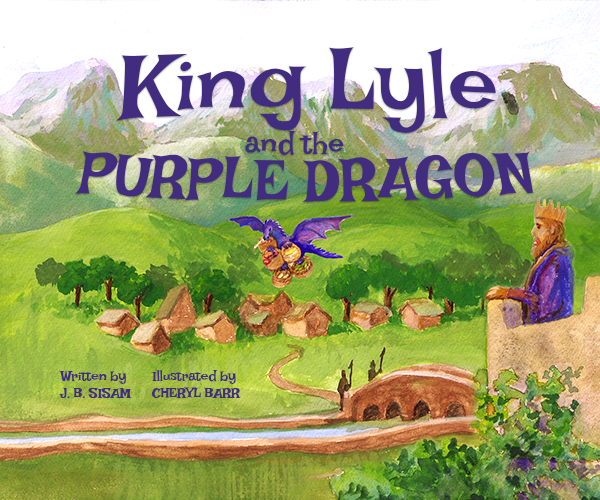Safety concerns are everywhere these days. People are wanting to steal your identity and use your credit cards by selling them to the highest bidder. It is quite frightening when you go to login to your email or bank account only to find you’ve been locked out because of a hacker. It can cause serious damage and ruin a life of happy credit scores.
[featured-image single_newwindow=”false”]
I remember opening up my online portal for my bank only to find a major purchase made. I didn’t know where it came from. Had no idea of the company name in the POS box. After my wife and I did some digging, we found it was our error for a car repair we made weeks before.
Yet the sheer terror that our account was stolen was enough for us to call the bank and have them issue new cards. Yes, it was our silly mistake, but I’ve known several people who’s accounts really were stolen and they’ve paid dearly for it.
How do we daily protect ourselves from hackers and those who want to steal our information? I want to look at 7 simple strategies that will beef up your online security. Because nothing is better than making sure your online life is safe.
1. Don’t use the same password. I wish I knew this years ago. Ten years ago I had my yahoo account hacked and I was locked out. Thankfully I was able to get the password reset to something more secure.
Today, I don’t use the same password for a number of my accounts. In-fact, I don’t even know most of my passwords by heart. I personally use a browser app called LastPass. This allows you to generate secure passwords using numbers, letters, and symbols. Best part – it’s free.
2. Limit the number of linked accounts. Internet marketers are making it easier than ever to subscribe to their services by simply using your gmail or Facebook login information. They tout that they’re safe, but you are now limiting your control. Let’s say your Facebook account is hacked, you are now locked out of all your other accounts linked to that one account.
The worse part, if you’ve used your credit card on a third party website, the hacker now has that information at his fingertips. Avoid the trouble by signing up using your email and a new password.
3. Protect your email at all cost. Your email is your online life. I use safety nets for all my email accounts. If someone tries to login to one of my email accounts, I get a instant text message alerting me to the potential security risk. I also use a passphrase to secure my email by using numbers, letters, spaces and symbols.
If you use gmail, like I do, you can set up a double authentication and an alert system. This will save you headaches later on.
4. Protect your banking. One of the most vulnerable things online today is our banking. This is the most important assets we have, but if the wrong hands get their grubby fingers in our business, it can cost hundreds if not thousands of dollars of damage. Use a strong password – the best is something that’s longer than 8 characters.
Also, It’s best to change your password every 90 days. This way, it becomes increasingly more difficult to hack. Safeguard you password and banking information. Don’t let your browser automatically save the information. Because I use LastPass, everything is password protected and encrypted. This way I know my passwords are completely safe.
5. Use double opt-in/login protection. Every website that I log into, I first will set-up a double login. This way, if someone tries to hack my account, I’m texted a simple 6-diget number that must be entered correctly before the website/service is allowed to be used. It’s a great safeguard. To give you an example. This website has been attempted to be logged into more than 3,000 times since January. Because of the double login, it has deterred every one.
6. Make sure your computer security settings are up-to-date. Nothing is more dangerous than having security settings out-of-date. If you computer is asking you to run updates, run the updates. It’s better to have some time wasted than to have your personal data stolen. If you’re on a Windows computer, it’s even more important.
7. Make sure you have login notifications turned on where available. It’s simple. You want to be notified of Login alerts. These are an extra security features many websites have. When you turn on login alerts, you’ll be sent a notification if someone tries logging into your account from a new place. Set this up where available.
I cannot guarantee that you’ll be 100% safe, but if you follow these 7 simple hacker free pieces of advice, you’ll find your online security beefed up and less likely for an attack. Nothing is more important than safe-guarding your banking, email and credit card information. The online world is dangerous, but only those who are prepared will weather the storm when it does arrive.
[reminder]Where are you beefing up your online presence? Have steps have you taken to create a secure online experience?[/reminder]


 Jason (J.B.) Sisam. Best-selling Amazon author of the Christian Early Reader book,
Jason (J.B.) Sisam. Best-selling Amazon author of the Christian Early Reader book, 










LEAVE A COMMENT HERE:
Please note: I reserve the right to delete comments that are offensive or off-topic. Also, this is a clean website, use of any language is not tolerated and your post will be deleted.